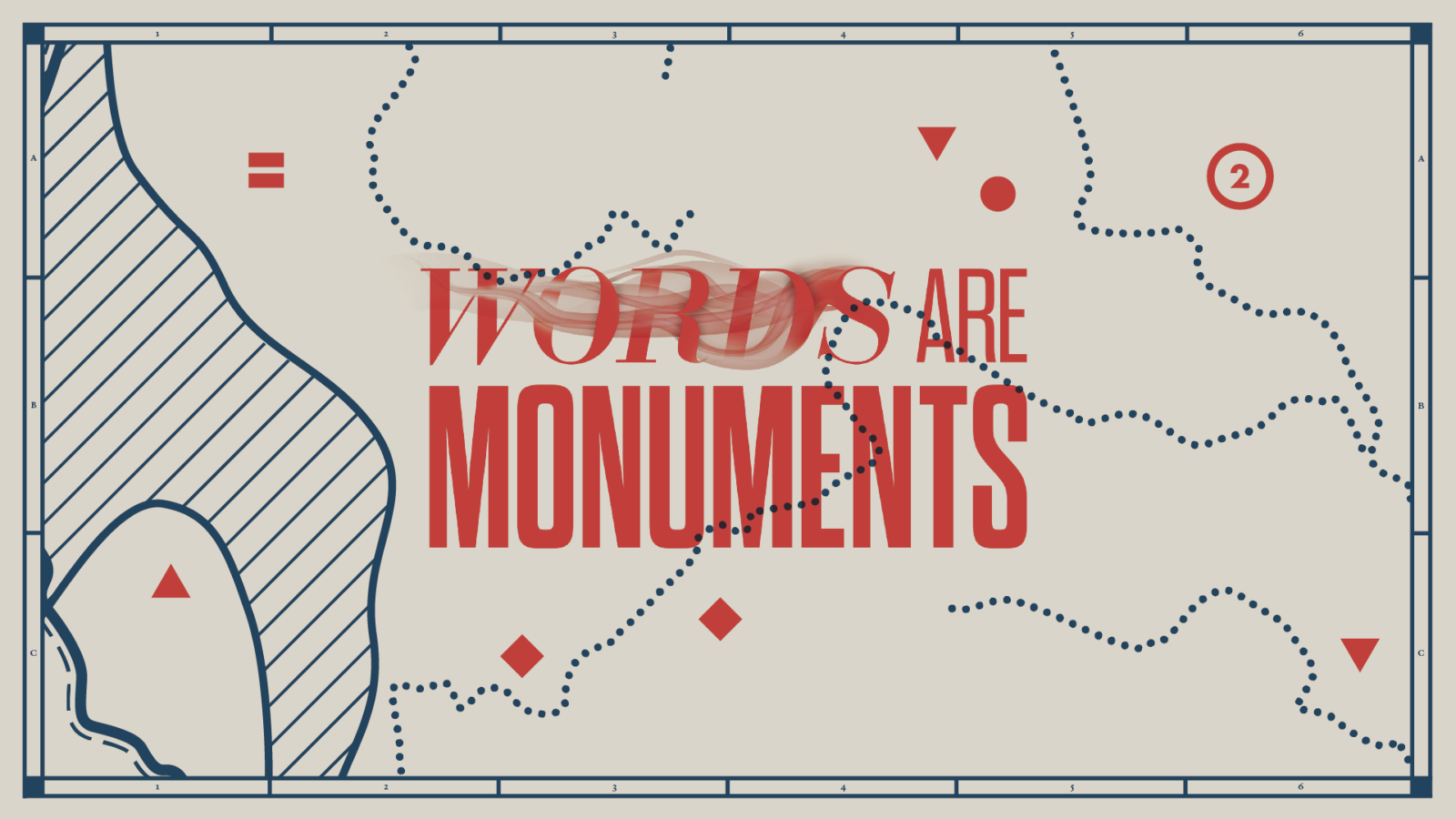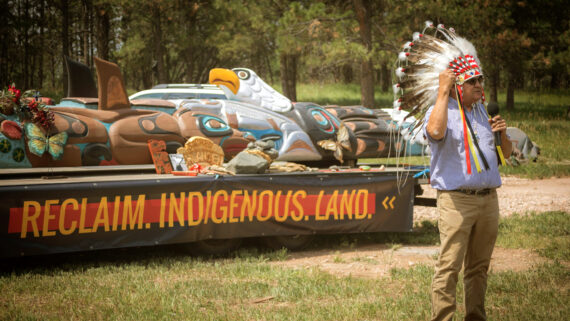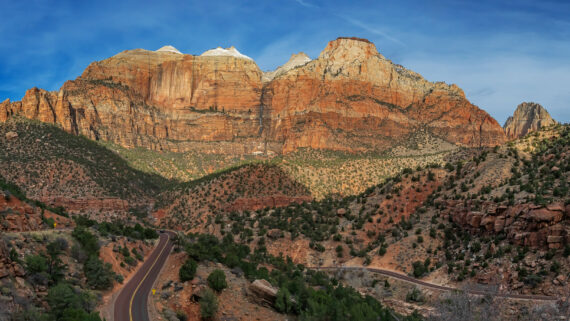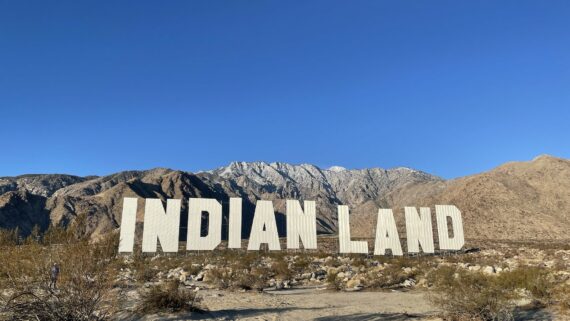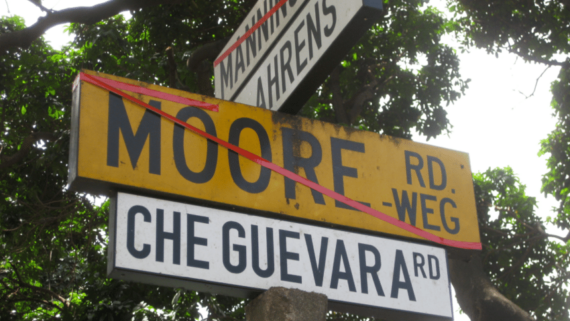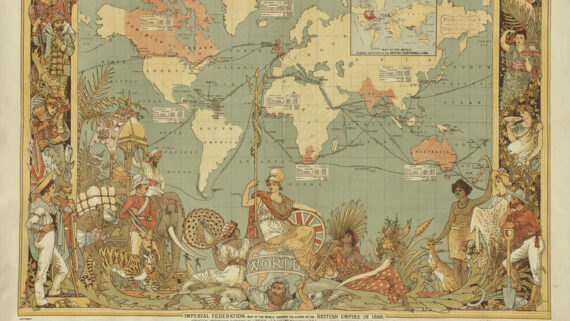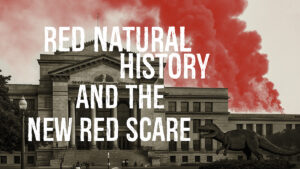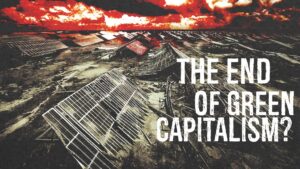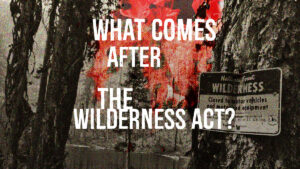A national reckoning with American history and racial injustice has been playing out on the terrain of monuments, museums, school curricula, and increasingly–maps. Against this backdrop, a team of conservation researchers has released “Words Are Monuments”, a quantitative study of settler-colonial violence in National Park place-names. In tandem with the release of their report, we have launched a new, multi-year project involving virtual events and exhibitions, essays, videos, and more, to support and give context to the global movement for reconciliation in place-names, which is a stepping stone on the path to the Indigenous co-governance and stewardship of ancestral lands and waters.
Place-names encode a way of seeing, understanding, and relating to the land. They inscribe our social values on official maps for the future generations. Like the movement to topple Confederate and colonial statues, renaming campaigns demonstrate how oppressive word-monuments–as symbols of extraction, erasure, and enclosure–can be replaced and reclaimed as life-affirming sites for cultural resurgence and #landback.
Why now?
Across the United States and around the world, monuments to racists and genocidal colonists are being toppled, thrown into rivers, vandalized, and quietly removed. People are assembling around confederate flags, historical markers, derogatory street signs, and other symbolic sites of cultural and political violence, seeking to challenge structures of oppression through the symbols that serve to reinforce settler-colonial relations to the land. Within this context, campaigns to change place-names are erupting across the US, many led by communities that are dealing with the enduring impacts of settler-colonial dispossession and racism, as well as the historical and ongoing impacts of exploitation, erasure, and extraction.
Responding to these grassroots efforts, the US Department of the Interior recently announced plans to replace 660 place names containing the derogatory term ‘squ**’, as well as forming a Reconciliation in Place Names Advisory Committee. The National Association of Tribal Historic Preservation Officers recently released a guide on how to officially change place names, and this month a group of scientists have published “Words are Monuments,” a quantitative study of over 2,200 place names at 16 National Parks that reveals the system-wide scale of problematic names on public lands.
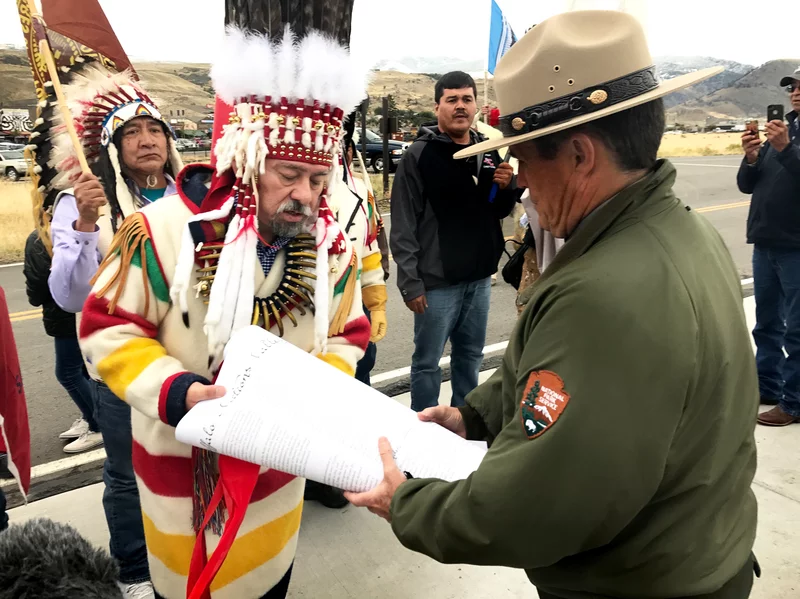
Interactive website, maps, and virtual events
The Natural History Museum has created an interactive website and virtual event series exploring how place-names shape our ways of seeing and relating. Maps are not neutral, and they endure for generations. What is the ideological function of colonial place-names? How do they work to enshrine capitalist and colonial relations to place, and what do they render invisible? What struggles over place-names are currently ongoing, and how are artists, scientists, scholars, and communities participating in them? What other naming practices exist, and how do they function? How might campaigns to change place-names be situated within a broader emancipatory project—of remapping the world as a world in common, beyond domination, enclosure and extraction?
Events
National Parks, Place Names, and #Landback
Place renaming campaigns are not just efforts to make federal lands more inclusive, they are also stepping stones on the path to Indigenous co-governance and #landback.
read more...The Movement to Rename U.S. Mountains, Rivers, Valleys
Thousands of mountains, valleys and rivers located on public lands have names that are derogatory, misogynistic, racist or just plain offensive. Join us for a conversation with grassroots advocates working to change offensive places nearest them, and learn about what you can do to help.
read more...What’s in a name? Words as Monuments
In this panel, we’ll hear from artists and activists whose interventions reimagine monuments and maps, affirming the signposts and wayfinding signs that point to a world beyond the colonial and capitalist enclosure.
read more...Words are Ideas: Ideology in Language and Place Names
This panel explores the ways in which language functions to structure thought and action, as well as how struggles over language can be part of a collective project of decolonization. Together, panelists will explore the modes of communication through which people have come to discover and assert their collective difference in the world.
read more...Remapping the World: the global context
From post-apartheid South Africa to occupied Palestine, from Tahrir Square to Tibet to ongoing efforts to restore Te Reo Māori toponyms, place-names have been meaningful symbolic fronts of anti-colonial struggle.
read more...
